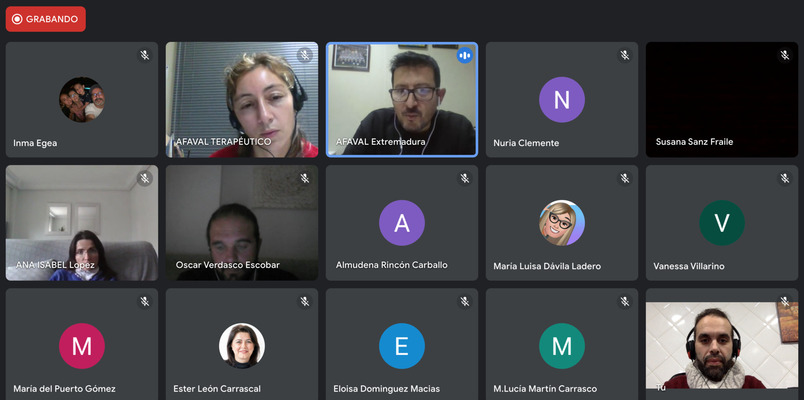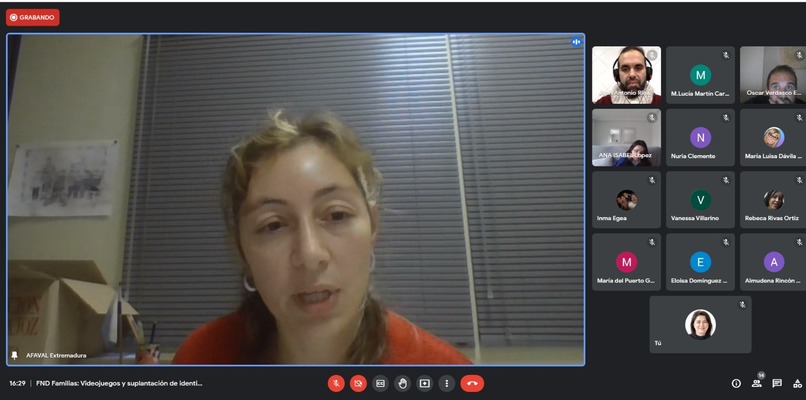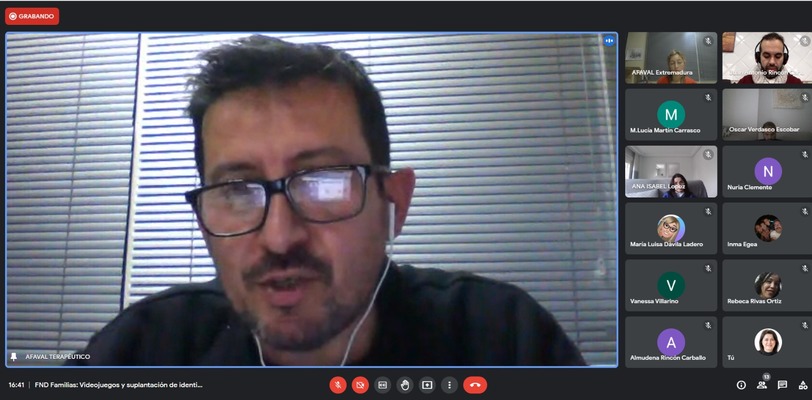VIDEO GAMES AND IDENTITY THEFT
21 December 2021
Today we had the second session of the family trainings in our Erasmus KA229 "Cybersecurity Schools".
The session was about video games and identity theft. Below is a summary of the topics we discussed and below is the video to the recording in case you want to watch it.
* The numbers of techno-addictions are rising in recent years. More and more children are impersonating their parents for online shopping, gaming and gambling.
* Impersonation is a crime of which children are unaware.
* Parents need to supervise their children's online activity.
* The importance of building trust between children and their parents.
* The social networks most used by children are: Tik Tok, Instagram and Facebook.
* The social networks where most cases of identity theft occur are Instagram and Tik Tok.
* Importance of knowing parental control applications. Some recommendations are Qustodio or Family link.
* It is recommended to use Tik Tok from the age of 13; Instagram from the age of 16.
* In the event of identity theft, we should first report it to the service provider; if it is not resolved, to the authorities.
* Families should reflect on the frequent exposure of photos of our children on social networks.
* There is a form of gaming called Pay to win. Paying players get a clear advantage over the rest.
* Inductive discipline consists of a set of rules and consequences agreed between the family and the child. The aim is to make the child responsible for his or her behaviour without arguments.
To watch the session, watch the following video:
Link
PHOTOS OF THE SESSION


